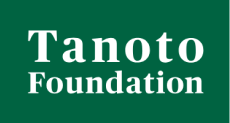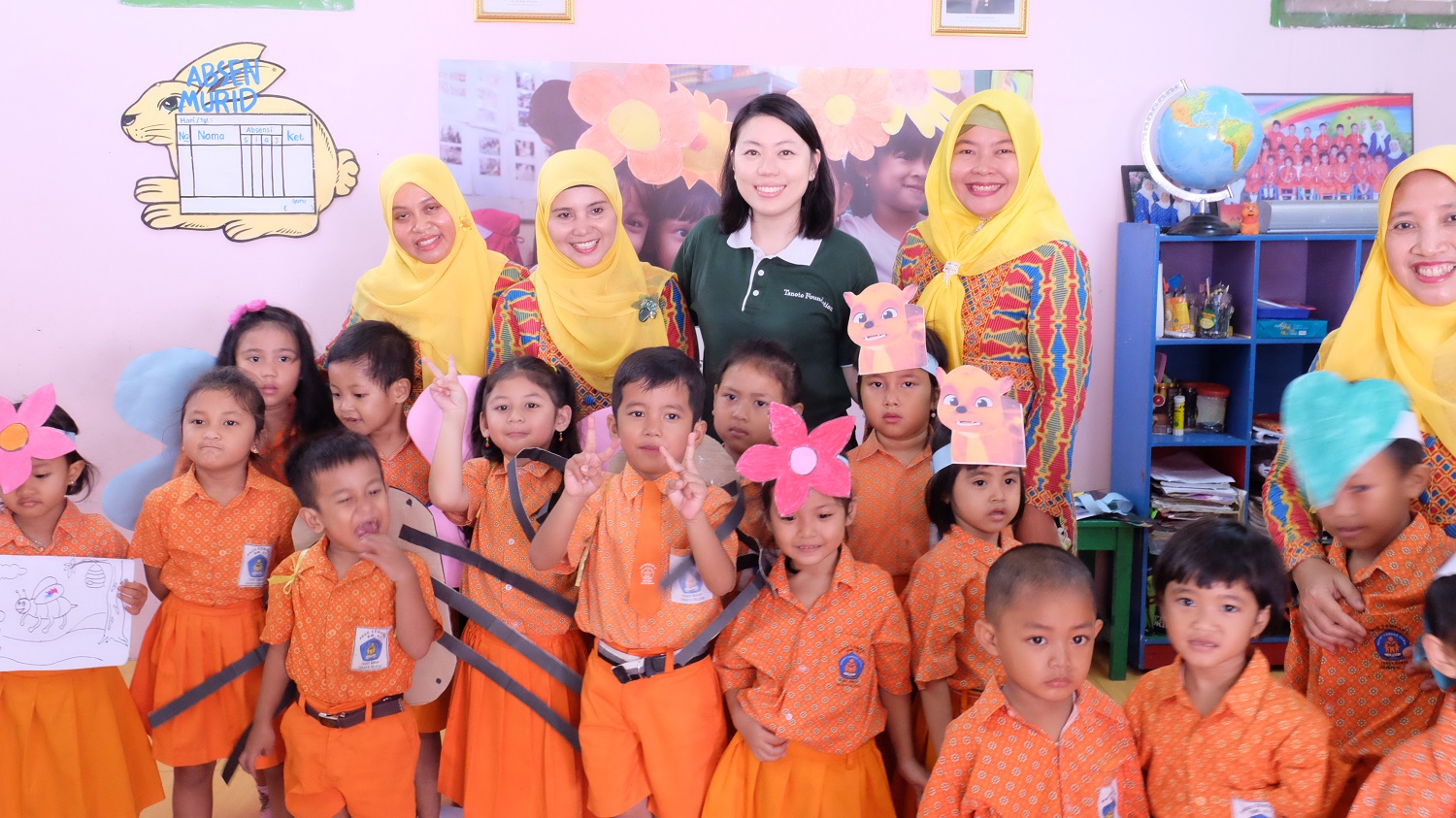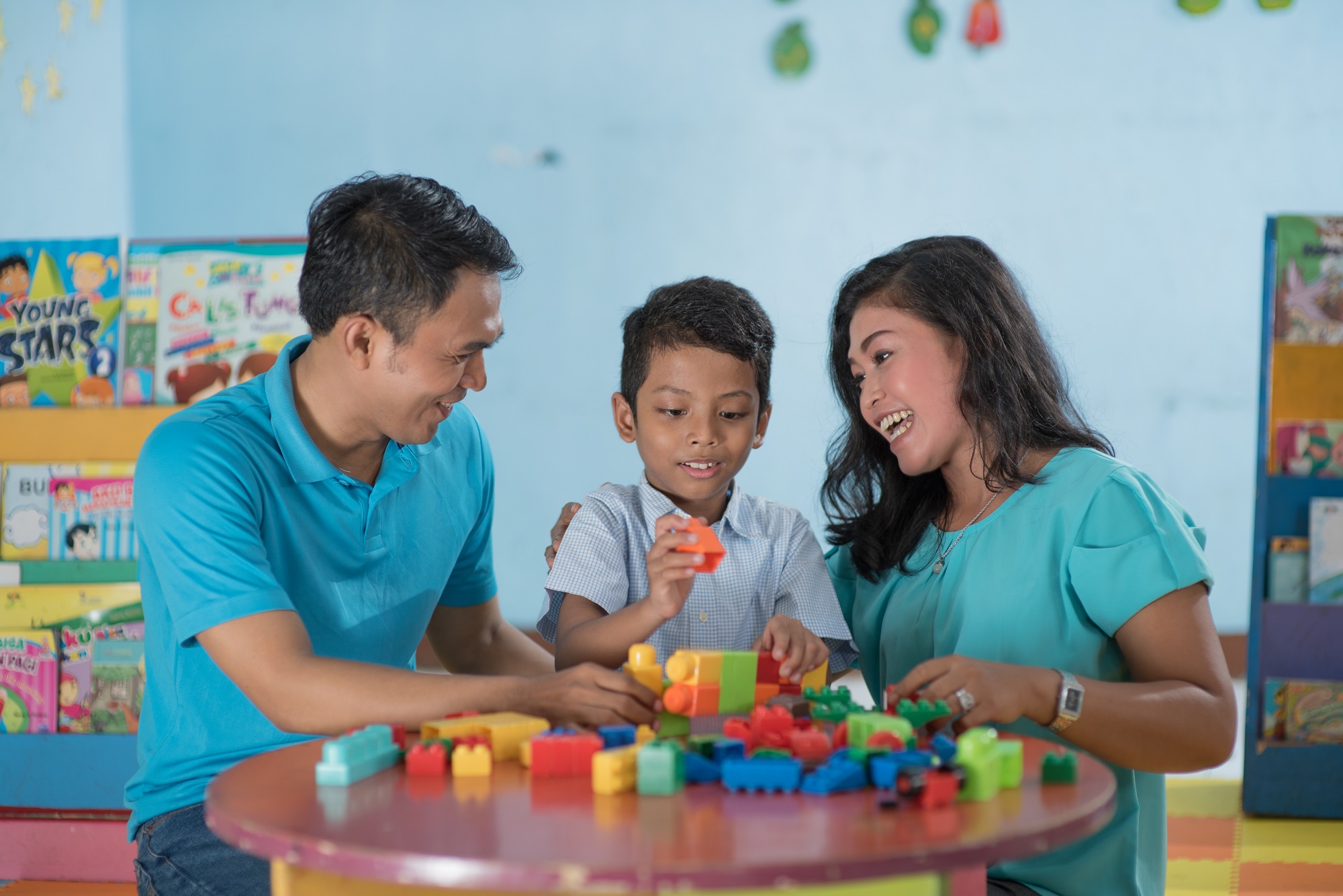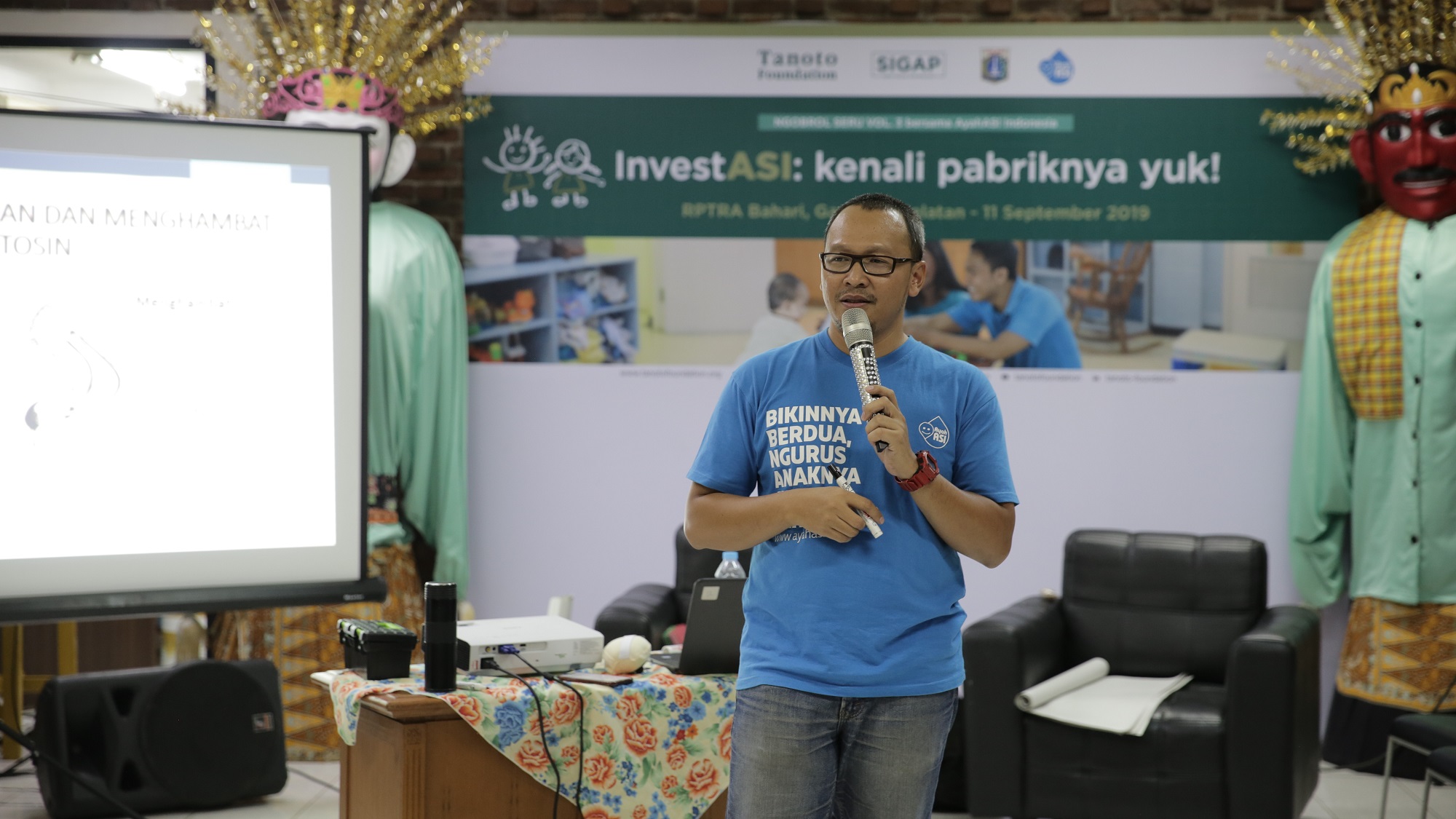It’s a common consensus that babies should be exclusively breastfed for the first six months of life – in Indonesia it’s even a protected right under article 128 of Health Act no. 36 of 2009.
The benefits are overwhelming. In the early period of life, babies given breast milk have a mortality rate six times lower than babies who do not receive breast milk, making breastfeeding an important component of achieving Goal 3 of the UN’s Sustainable Development Goals, which aims to ensure healthy lives and promote well-being for all.
Babies who are breastfed also show better development in height, weight, cognitive functions, language and mental health.
But despite this, Indonesia still lags behind. That’s significantly below the target of 50 per cent by 2025 set by the World Health Organization.
Lack of breastfeeding is one of the causes of Indonesia’s persistent problem with stunting, which is defined as children under the age of two years who have not reached a standard height, a condition that can carry through to their adult lives without proper treatment.
The brain is highly plastic during the first three years of life, with this period accounting for approximately 80 per cent of brain development. Breastfed infants have higher IQs than those who have never been breastfed, and this difference actually increases between the ages of three and seven, long after the child has moved onto solid foods.
Both physically and mentally, the first few years of life play a crucial role in development, dictating the future prospects of each individual.
It’s for this reason that Tanoto Foundation launched the SIGAP (Strengthening Indonesia’s early Generation by Accelerating Potential) program to ensure that every Indonesian child, from the womb until the first three years of his or her life, enjoys optimal growth and development through quality care so that they are ready to learn when entering education.
The role of fathers
Although many people understand the importance of exclusive breastfeeding for the first six months, there is lower awareness of the many challenges breastfeeding mothers may face.
Research shows that the main challenge in Indonesia is a lack of knowledge, with many women opting for formula milk rather than breastfeeding. Medical practitioners have a key role to play here, as they can provide information and motivation to new mothers.
But mothers are not the only ones who need educating – fathers have an important part to play too.
Several studies in the last decade show that fathers do not understand the importance of breastfeeding, often having greater awareness of the benefits of formula milk due to exposure in the media.
Another study in the US in 1994 showed that strong approval from the father resulted in a 98.1 per cent incidence of breastfeeding, versus 26.9 per cent where the father was indifferent.
Fathers may not be able to breastfeed themselves, but they can help, whether by encouraging the mother or by helping create the calm, relaxed conditions which are ideal for feeding.
Recognizing the importance of this, the SIGAP program often collaborates with activists from the ASI Ayah community to create open discussions that they are easily digested by an audience of new fathers.
The latest discussion forum was held on September 11, 2019, titled ‘Investments; let’s get to know the factory!’ which invites fathers to gradually understand the physical and psychological processes that can influence breastfeeding success.
Through this event, the Tanoto Foundation invited facilitators from AyahASI Indonesia to give presentations on matters that are still considered taboo but are vitally important, such as understanding the physical changed of the breasts during pregnancy to postpartum, and how milk production can be stimulated.
Typically many fathers in Indonesia consider these topics off limits to talk about, let alone learn about, so by tackling this in a relaxed environment the sessions can help change perceptions and explain to fathers the important role they can play.
The need for nursing spaces
One of the challenges mothers face can be finding a suitable space for breastfeeding, especially in the office.
Some of these rights are enshrined in Indonesian law, including a requirement for the government to provide facilities for breastfeeding, and for employers to allow working mothers to nurse during office hours.
But it’s not just facilities – companies should also provide psychological support to mothers to ensure they feel able to breastfeed in the office. If they feel that breastfeeding is encouraged in the workplace, they are more likely to feel comfortable doing so.
At Tanoto Foundation’s office in Jakarta we set up a dedicated breastfeeding room, complete with comfy chairs, soothing décor, and a fridge for mothers who need to store pumped milk. It’s a simple gesture, but one that is vital in encouraging mothers to keep breastfeeding.
Outside help
New mothers are often left to deal with the housework as well as their new childcare responsibilities. In many cases this lack of rest results in depression, with negative consequences for both mother and baby. Family members can help alleviate the burden by taking over some of the household chores.
Community leaders also have a role to play by acknowledging the importance of breastfeeding exclusively for the first six months, and encouraging family, friends and neighbours to create a supportive environment.
The most important thing is to start building social narratives that position exclusive breastfeeding as a necessity, not just a choice.
Breastfeeding is an important foundation for a healthy and prosperous future generation. More than that, breastfeeding plays a role in promoting sustainable economic development. , while benefitting the environment by replacing manufactured milk formula with a natural alternative.
Breastfeeding also promotes bonding between parents and babies, benefitting the baby’s sense of security, social-emotional, and mental health. Let’s support breastfeeding mothers together!





